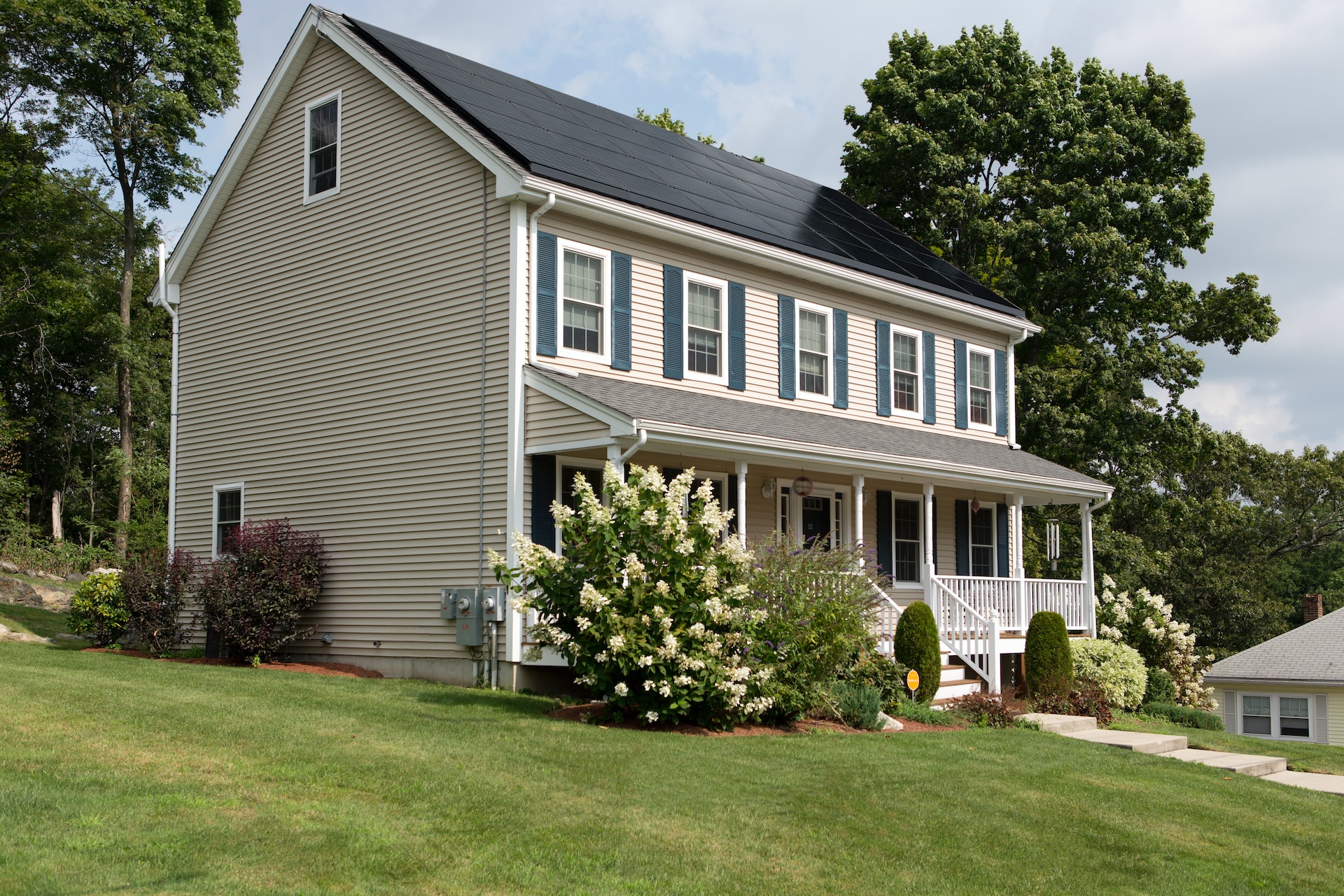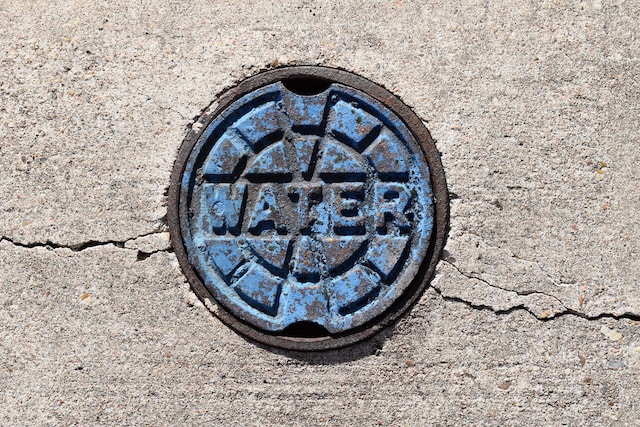Home insurance for homes in Texas near oil and gas operations is a must. Homeowners in these areas are at a higher risk for damage due to the possibility of explosions, fires, and other hazards. Homeowners insurance for homes near oil and gas operations can be a challenge to find, but it is possible to find a policy that meets all of the needs of your Texas home.
Understanding the Risks of Oil and Gas Operations in Texas
As a homeowner in Texas, there are risks associated with oil and gas operations in the state. While the benefits of these industries are significant, the potential risks to homes should be considered.
One of the biggest risks is the potential for environmental contamination. Oil and gas drilling can release harmful chemicals into the air, water, and soil, causing serious health problems for people and animals and contaminating crops and drinking water. Oil and gas operations often involve heavy machinery and dangerous chemicals. If these materials are not properly handled, it can lead to serious accidents that can cause injuries or even death. Spills from these operations can cause environmental damage that may be difficult or impossible to clean up.
How to Choose the Right Homeowners Property Insurance for Your Texas Home
When most people think of Texas, they think of hot, humid summers and mild winters. But the state is also susceptible to various natural disasters, including hurricanes, hailstorms, tornadoes, wildfires, and floods. That’s why it’s important to have home property insurance.
There are a few things to consider when choosing homeowners property insurance for your Texas home. First, you need to ensure the policy covers your home’s replacement value. Replacement value is the cost to rebuild your home from scratch, considering the cost of materials and labor. It’s important to have replacement value coverage because if your home is damaged or destroyed, you want to be able to rebuild it without worrying about the cost.
You need to make sure the policy covers the contents of your home, including everything from furniture and appliances to clothing and electronics. If your home is damaged or destroyed, you want to be able to replace your belongings without having to worry about the cost.
You also need to ensure the policy covers you in case of a liability claim. This means that you want to be covered if someone is injured on your property or if you damage someone else’s property.
Home insurance Coverage for Oil and Gas-Related Risks
Most home insurance policies exclude coverage for oil and gas-related risks, such as contamination of your home’s water supply or damage from a gas explosion. However, you may be able to purchase riders or endorsements to your policy that provide some coverage for these risks.
If you live in an area where oil and gas drilling is common, it’s important to be aware of the risks and ensure that you have the coverage you need to protect your home.
Contamination of Water Supply
One of the biggest risks of living in an area with oil and gas drilling is contaminating your home’s water supply. If the well that supplies your water is contaminated, you could be left without clean drinking water.
Sometimes, the contamination may be covered by your homeowners property insurance policy. But it’s important to check with your insurer to see if this is true. Some policies exclude coverage for water supply contamination, while others may provide limited coverage.
Damage from Gas Explosions
Another risk of living in an oil and gas drilling area is damage to your home from a gas explosion. If a gas pipeline or well explodes, it can cause serious damage to your home.
Again, your insurance policy may or may not cover this damage. It’s important to check with your insurer to see if you have this coverage.
What to do if You Don’t Have Coverage
If you live in an area with oil and gas drilling and don’t have coverage for these risks, you may want to consider purchasing a rider or endorsement. Riders and endorsements are typically available at an additional cost and can provide coverage for specific risks not covered by your base policy.
It’s also a good idea to contact your state insurance department to see if there are any programs that provide coverage for oil and gas-related risks. Some states have programs that provide limited coverage for these types of risks.
If you live in Texas and your home is near oil and gas drilling, it’s important to be aware of the risks and ensure you have the coverage you need to protect your home. Contamination of your water supply and damage from a gas explosion are two of the biggest risks. Most of these risks are not covered by home insurance policies, but you may be able to purchase riders or endorsements to your policy that provide some coverage for these risks. You may also want to contact your state insurance department to see if there are any programs that provide coverage for oil and gas-related risks.




